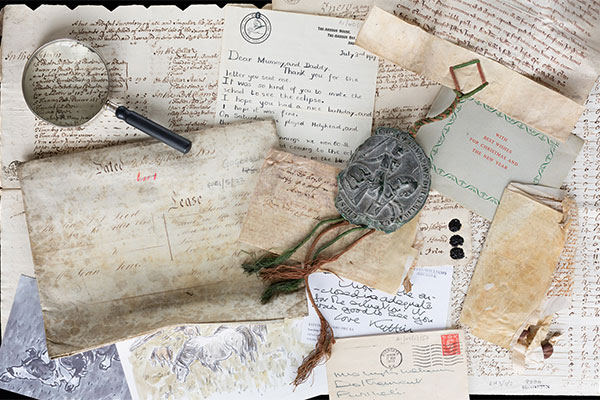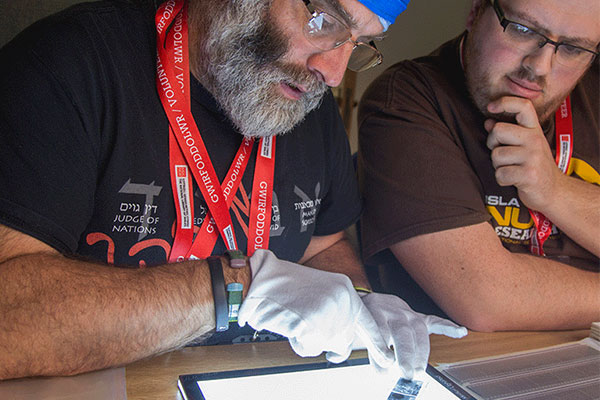Background
England and Wales became Protestant countries after Elizabeth I became the Queen of England in 1558. The young queen had to decide what was best for her reign, either forcing the people of Wales to use the English language, risking them abandoning the Protestant faith, or giving them the right to hold services and read from the Bible in Welsh.
When the 1563 Act giving the right to translate the Bible into Welsh was passed, one of the conditions was that the Bishops of Wales would have to agree who would be the best person to do the work. In 1578 William Morgan was given the official command to proceed with the translation. The work was finished when Y Beibl Cyssegr-lan was published in London in 1588, the first Welsh language translation of the whole Bible.
When translating, William Morgan adapted William Salesbury’s 1567 translation of the New Testament and the Psalms, but he translated the rest of the Bible – The Old Testament – directly from Hebrew and Greek. He was a master at reading these ancient languages, and because he was also a master of the Welsh language, people still praise his translation as a masterpiece that has influenced the Welsh language ever since.
Possible questions to discuss
- How was Wales different in 1588?
- How did people receive information in 1588 compared to today?
- Why did translating the Bible have more of an impact on society than any other book at the time in Wales?
- Why did translating the Bible take so long?
- How have printing machines changed by today?
Activities and experiences
- Investigate the importance of the 1588 Bible to the Welsh language.
- Watch the video and answer questions.
- Wood-block printing
Key concepts
(derived from the statements of what matters)
Humanities
- Understanding the past
- Contribution to society
- Social and cultural importance
Languages, Literacy and Communication
- Language and belonging
- Listen and understand
- Languages variety
- Translating




